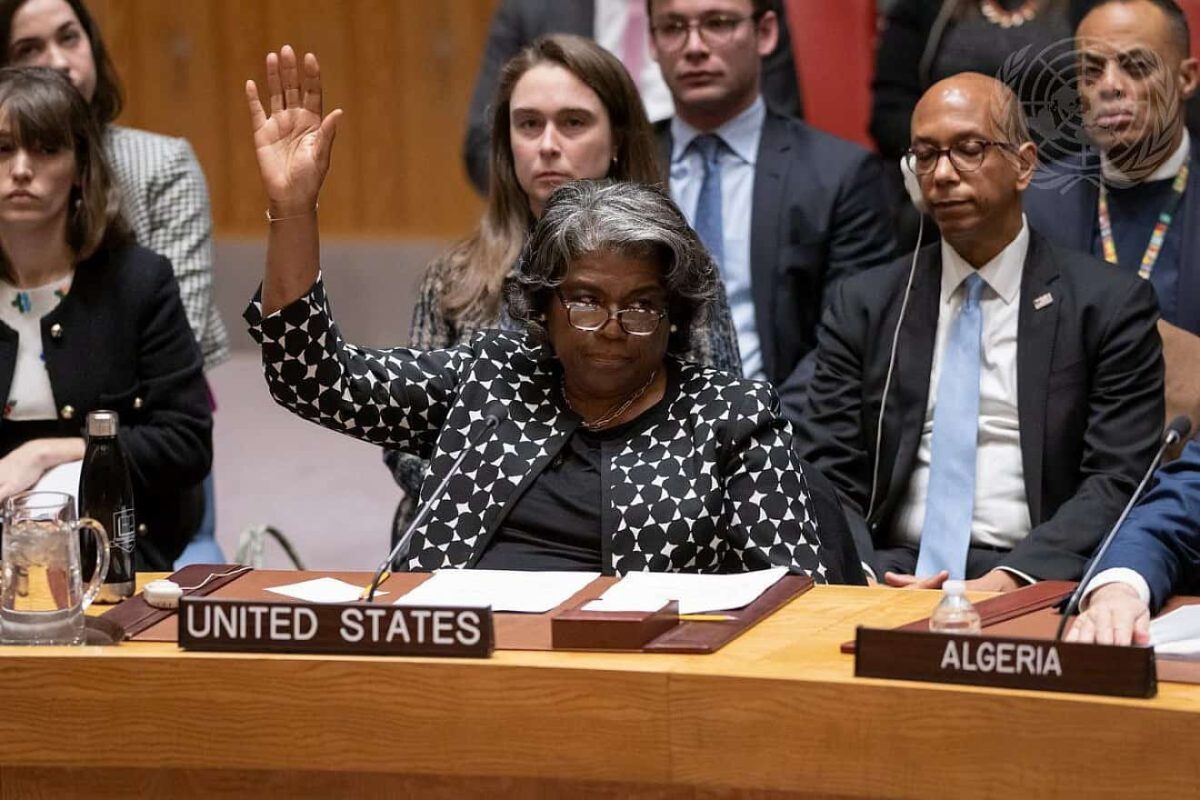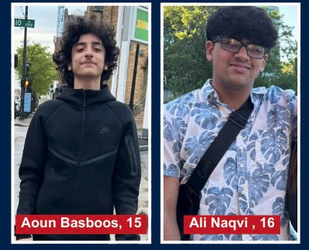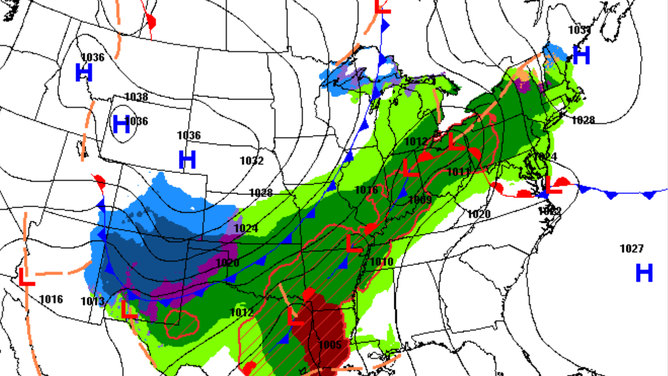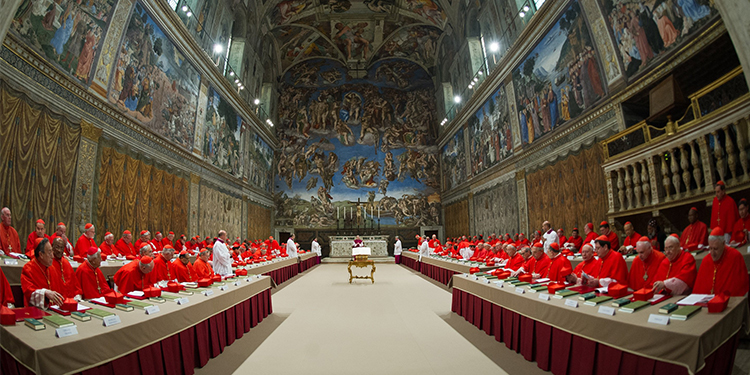On the 21st of February, 2024, the United States once again used its Security Council veto to block a proposed resolution that would stipulate a ceasefire within the Gaza Strip, the war torn region of Palestine that has been under siege ever since the Hamas attacks against Israel. The blocking of the resolution has resulted in a great amount of fallout within the United Nations, as is expected.
The war in Gaza began in January when Hamas, an Islamic fundamentalist militant group dedicated to the destruction of the State of Israel, launched a surprise attack on Israel. Utilizing gliders and rudimentary skipper boats, the Hamas organization managed to kidnap around three hundred Israeli citizens, bringing them back to their base of operations in Gaza City along the Gaza strip. It was this event that resulted in Israel’s invasion of Gaza.
However, in the resulting months, the war has seen great terror and carnage inflicted on the City of Gaza. Casualty estimates continue to rise, but current figures place the civilian cost of the city at 50,000 lives, and whilst some of the damage can be attributed to Hamas, the majority of these casualties are the result of IDF (Israeli Defense Force) action.
The violent response of Israel has resulted in many nations, particularly Arab ones who have ties to Palestine in connection with their Arab ancestry, condemning the State of Israel and turning to the international community, in particular the United Nations, to seek assistance for the Palestinian people, and to plead for the end of the conflict in Gaza that has resulted in so much destruction.
Indeed, these protests and calls for action initially seemed to show merit. Much of the international community seemed to agree with the Arab world, with the People’s Republic of China in particular vocalizing strong support for a ceasefire. Even much of the global public displayed support for Palestine and a ceasefire through peaceful demonstrations. Resolutions were quickly drafted and sent to the United Nations, met with success initially.
However, one of Israel’s closest allies, the United States of America, holds the position of Permanent Security Council Member alongside Russia, France, Britain, and China. This position allows the United States to veto any resolution it wishes to, effectively canceling the resolution altogether. Indeed, the 21st’s veto was not the first veto against a resolution to end the war in Gaza. Two similar resolutions have also been vetoed in the past two months.
The United States has received a great amount of backlash for this event. Zhang Jun, China’s envoy to the UN, expressed “strong disappointment and dissatisfaction” with the U.S, but evident by China’s distaste towards the United States, such an outcome was largely expected. France’s Nicolas de Riviere expressed regret that the resolution couldn’t be passed, symbolic of the United States’ solitude in this action, as France is one of the closest allies to the United States.
Unless a ceasefire is brought about soon, the death toll is expected to continue to rise. It is likely a new resolution will be drafted to attempt to address the concerns of the United States, but the possibility of success of such a resolution is really anybody’s guess. The war in Gaza continues, and who can know what the future will bring?








